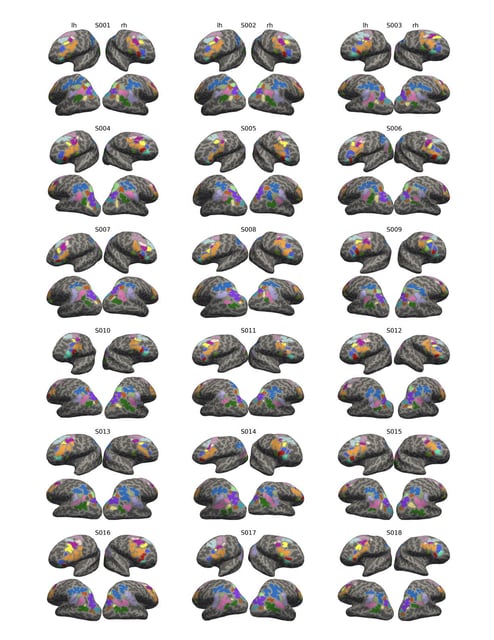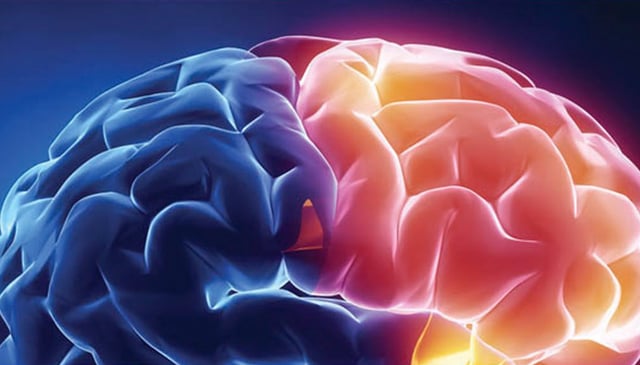Overview
- A UC Berkeley study published in *The Journal of Neuroscience* reveals that tertiary sulci, the brain's smallest folds, play a critical role in shaping reasoning abilities in children and adolescents.
- Deeper tertiary sulci were found to align with functional connectivity hubs in the lateral prefrontal and parietal cortices, key regions for higher-order thinking.
- The study used high-resolution MRI and fMRI on 43 participants aged 7–18, linking sulcal depth to both neural efficiency and reasoning task performance.
- Researchers developed a machine-learning tool capable of mapping over 100 tertiary sulci, surpassing the 35 typically cataloged in standard neuroimaging software.
- Future longitudinal and multimodal studies are planned to explore causal relationships between sulcal morphology, neural connectivity, and cognitive development.

